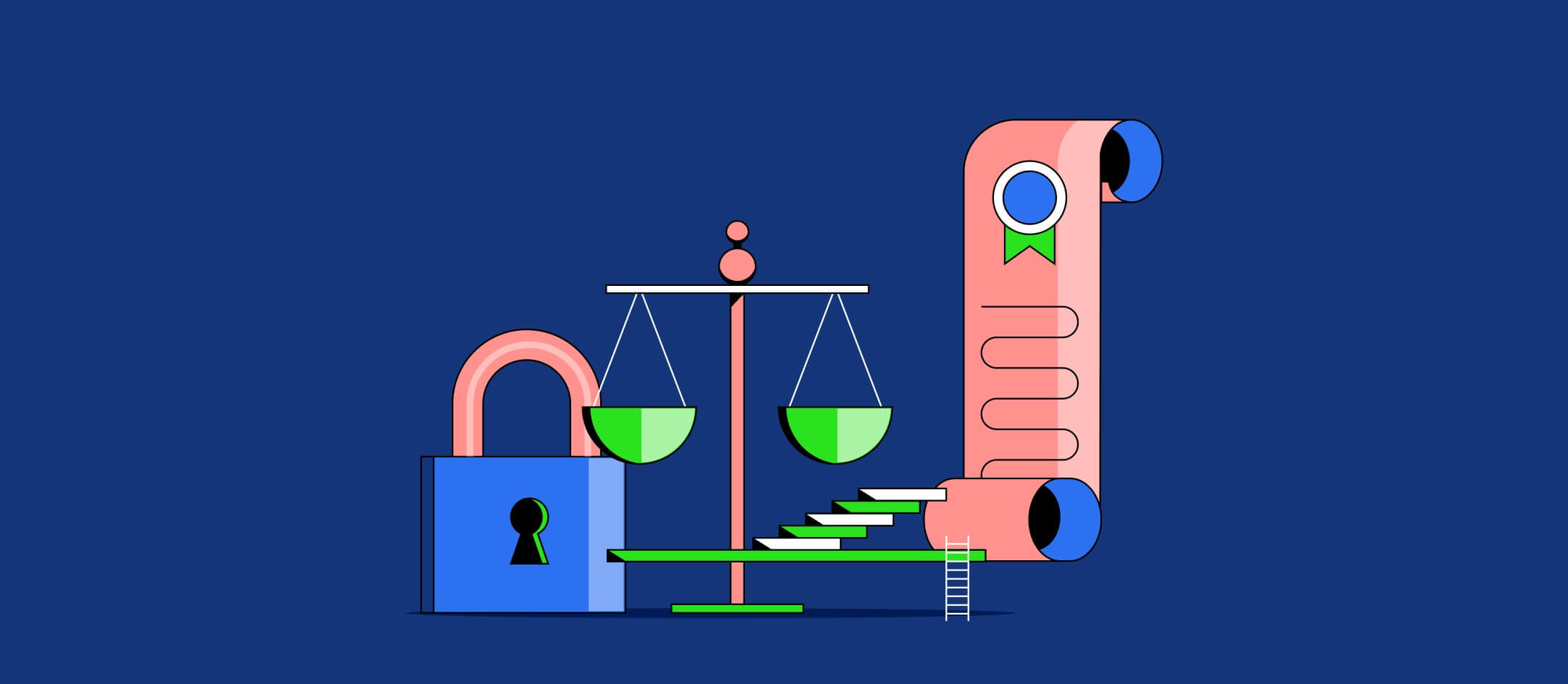
Independence Test for Lump-Sum Entrepreneurs in Serbia
At the end of 2019, the Government of the Republic of Serbia and the Ministry of Finance introduced new amendments to the Personal Income Tax Law and the Law on Compulsory Social Security Contributions for lump-sum entrepreneurs and entrepreneurs who keep books.
These regulations will question the existing entrepreneurs' independence and their right to lump-sum taxation.
In Serbia, many people who work for foreign companies or freelance register entrepreneur agencies and pay lump-sum taxes and social contributions. So far, this has been the most viable solution since there is no specific status that aims to regulate this type of professional engagement.
Keep reading to find out what's inside this test and why the government introduced it in the first place.
Why was the Independence Test introduced?
As said by the government officials, the aim of these regulatory changes should stimulate employment in companies that are increasing the number of their employees as well as to more precisely regulate the engagement of the lump-sum taxed entrepreneurs.
Similar to the 20-Factor Test designed by the IRS to determine the status of workers in the US, this test was introduced to deal with employee misclassification.
Namely, many foreign companies asked individuals located in Serbia to register as lump-sum entrepreneurs to avoid paying huge amounts of money in the name of contributions, especially in the tech industry where salaries are typically higher than average. Instead, companies would cover the entrepreneurs' lump-sum monthly tax obligations, which are considerably lower.
However, the government evaluated this as employment in disguise and decided to introduce the Independence Test to stop it from happening.
What to do if you are a lump-sum entrepreneur in Serbia?
To assess your situation, you can use the so-called Independent Contractor test, effective January 1st, 2020. The test helps you determine whether you, as an entrepreneur, fulfill the conditions for the lump-sum taxation, or, in fact, you are considered an employee of another company. The test consists of nine points, and if you comply with five or more points, your entrepreneur status will be in question.
Looking to scale quickly?

Independent Contractor Test Criteria
You are considered a true (lump-sum) entrepreneur if you DO NOT meet five or more conditions:
Please note that "Client" refers to the client and any other client-related parties, and "Entrepreneur" refers to both lump-sum and regular entrepreneur.
- The client determines the entrepreneur's working hours and leaves (such as holidays, sick days, etc.), and doesn't proportionally reduce the compensation for the time spent not working.
- The entrepreneur uses the client's office space, or the client covers costs of the entrepreneur's office space, tools, equipment, or other assets needed to perform work.
- The client conducts or pays for professional or development training, or generally manages the entrepreneur's work process (how and when the work is performed).
- The client hired the entrepreneur after putting out a public advertisement, or by using a recruitment agency.
- The client provides the tools, equipment, or any other type of material necessary for the entrepreneur to successfully complete tasks for the client, or reimburses the expenses to the entrepreneur if they needed to acquire the tools and equipment on their own.
- At least 70% of the entrepreneur's total income over the past 12 months comes from a single client.
- The entrepreneur carries out core activities that are part of the client's business, and the contract between the two parties does not include a clause under which the entrepreneur bears the usual business risk for the job delivered to the client.
- The agreement between two parties contains a clause that partially or fully prohibits entrepreneurs from providing services to other clients (also known as a non-compete clause).
- The entrepreneur performs paid business activities for the same client continuously or intermittently for 130 or more business days over a 12-month period.
The Serbian government officials announced that the independence test will take full effect starting March 1st, 2020. It's important for each entrepreneur to assess their status for each client they work with and ensure they don't fail it in each individual case.
If you're looking to hire independent contractors in Serbia, here's what you need to know to ensure full compliance.


